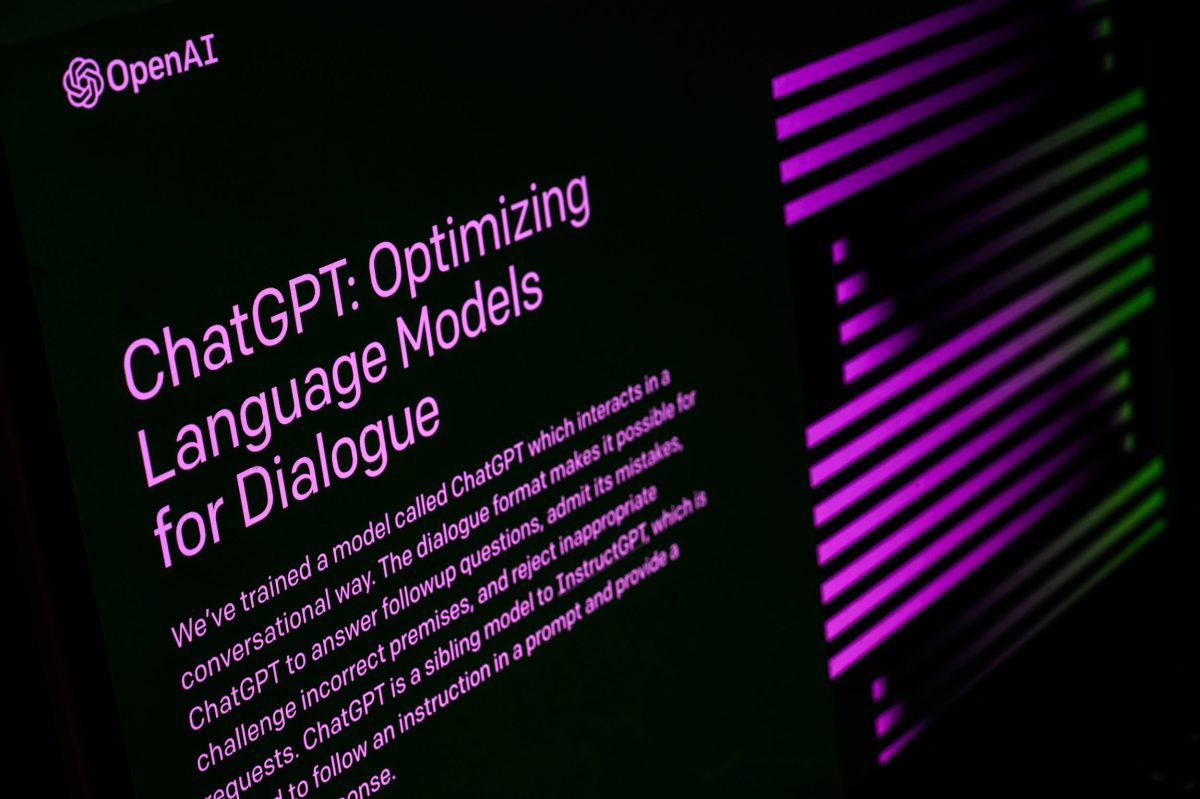In the rapidly evolving landscape of technology, generative AI has emerged as a groundbreaking force, offering the promise of enhanced productivity and automation. Yet, this powerful tool has also instigated serious concerns regarding data security and privacy. Recent actions by companies such as Samsung, JPMorgan, and Amazon to restrict the use of tools like ChatGPT spotlight a critical dilemma: how can organizations harness the benefits of generative AI while safeguarding sensitive information?
The Precipitating Incident: Samsung’s Ban
This week, Samsung took a firm stance against the use of generative AI tools, issuing a ban on their employees. The impetus? A distressing incident where sensitive internal source code was inadvertently leaked by an employee who uploaded it to ChatGPT. This incident serves as a wake-up callhighlighting how even the smallest oversight can result in significant data breaches.
The Industry Response: A Wave of Caution
Samsung is not alone in its concerns. Numerous organizations, including iconic American banks and tech giants, are reevaluating the role of generative AI in their operations. This wave of caution stems from the realization that:
- Uncontrolled access to generative AI can lead to unauthorized dissemination of sensitive data.
- AI tools can assist in crafting sophisticated phishing attempts or malicious malware.
- Employee interactions with AI can inadvertently expose proprietary information.
The Reality of Data Ownership
Generative AI functions much like any other cloud-based service. When employees share data with tools like ChatGPT, they are, in effect, relying on someone elses computer to store and process their information. Every interaction made within these platforms can be recorded, retaining a trove of user data that extends beyond just conversation history. This includes account details, device information, and location data, all of which are crucial for improving the AI’s performance but raise pertinent concerns about data privacy.
What Companies Must Consider
Organizations need to prioritize data protection while exploring the advantages of generative AI technologies. Some actionable steps include:
- Employee Training: It is vital to educate staff on the potential risks associated with using AI tools, ensuring they remain vigilant about what data they share.
- Data Usage Policies: Clearly outline what types of data employees can engage with in AI systems, distinguishing between permissible and sensitive information.
- Regular Audits: Conduct audits to ensure compliance with data security protocols and monitor employee interactions with AI tools.
The Bright Side of Generative AI
Despite these legitimate concerns, generative AI offers transformative potential for businesses. Samsung, notwithstanding its recent ban, has acknowledged the technology’s promise and aims to develop its own generative AI tools tailored for internal use. Similarly, startups and established firms can experience significant benefits, such as:
- Automating routine tasks, allowing employees to focus on strategic objectives.
- Enhancing research efficiency and generating insights quickly.
- Streamlining communication and document handling, significantly lifting productivity levels.
A Balanced Approach
As tools like ChatGPT gain popularity, organizations must strike a balance between leveraging the technology and enforcing stringent data protection measures. Employees must recognize that the allure of generative AI comes with responsibilities. The onus lies on organizations to ensure that their teams are equipped with adequate training and understanding of the risks involved.
At fxis.ai, we believe that such advancements are crucial for the future of AI, as they enable more comprehensive and effective solutions. Our team is continually exploring new methodologies to push the envelope in artificial intelligence, ensuring that our clients benefit from the latest technological innovations.
Conclusion: Navigating the Future
Generative AI represents a remarkable leap towards innovation and efficiency, but it is not without its complications. Companies must remain proactive and pragmatic, establishing frameworks that allow for safe and productive use of AI technology. By fostering an environment of understanding and caution, organizations can harness the power of generative AI while fortifying the security of their data. For more insights, updates, or to collaborate on AI development projects, stay connected with fxis.ai.

